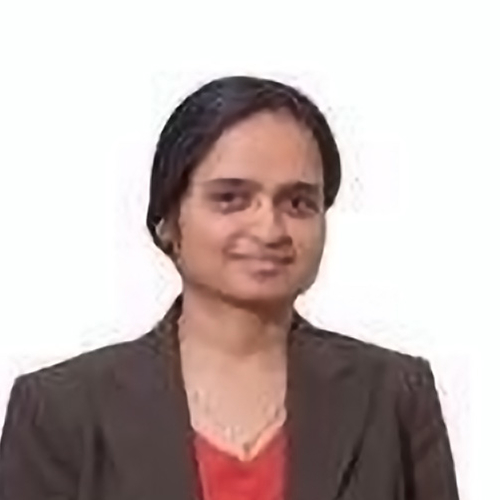
Shailaja Paik is Associate Professor of History and the author of Dalit Women’s Education in Modern India: Double Discrimination (London and New York: Routledge, 2014 ). Her first book examines the nexus between caste, class, gender, and state pedagogical practices among Dalit (“Untouchable”) women in urban India. She is currently working on a National Endowment for the Humanities–American Institute of Indian Studies funded project, that focuses on the politics of caste, class, gender, sexuality, and popular culture in modern Maharashtra. Paik has published several articles on a variety of themes, including the politics of naming, Dalit and African American women, women’s education, and womanhood in colonial India in prestigious international journals. Her research has been funded by Yale University, Emory University, Warwick University, Charles Wallace India Trust, and the Indian Councils of Social Sciences Research, among others. Her scholarship and research interests are concerned with contributing to and furthering the dialogue in anti-colonial struggles, transnational women’s history, women-of-color feminisms, and particularly on gendering caste, and subaltern history.
On the Dr. Malathy Singh Visiting Fellowship at Yale University:
The Malathy Singh Fellowship provided me an engaging intellectual space and time off of teaching a full course-load and enabled me to finish the writing of my first book. The book was published in 2014 and colleagues have provided strong positive reviews of the book. See the latest book review in the American Historical Review (https://academic.oup.com/ahr/article-abstract/122/4/1186/4320253?redirectedFrom=fulltext) and H-Net https://www.h-net.org/reviews/showpdf.php?id=45609.I gained the fellowship at an opportune time. During my year at Yale I taught two classes and interacted with students and faculty. I presented chapters of my book and discussed them with graduate students and faculty. Some colleagues read and commented on drafts of some chapters. I am grateful to them. I also worked with colleagues and organized the Modern South Asia Conference. This was a wonderful opportunity that allowed me to provide insights on the shaping of the field and to interact with graduate students and colleagues from different universities.
